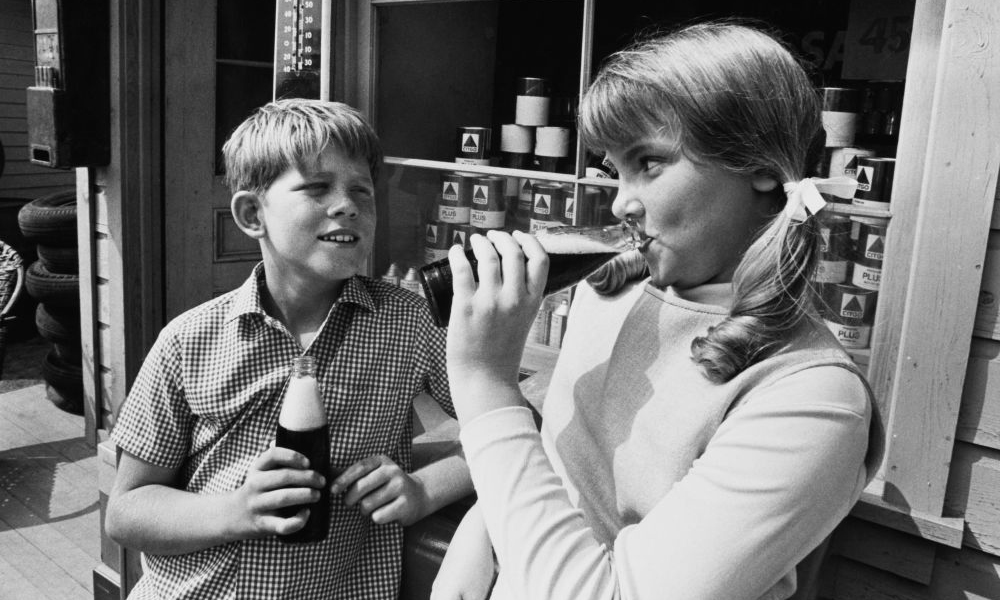
Why ‘playing hard to get’ may actually work
“Playing hard to get makes it seem as if you are more in demand—we call that having higher mate value,” says Harry Reis, a University of Rochester psychologist who collaborated on a new study that examined the mating strategy.

Reading your partner’s emotions correctly when it matters
A new study shows that couples who accurately perceive appeasement emotions, such as embarrassment, have better relationships than those who feel anger or contempt.

‘Make every effort to connect—digitally—with other people’
While social distancing is key to slowing the spread of coronavirus, people can combat the isolation with technology, say two Rochester psychologists.

Self-care linked to greater confidence in parents of children with FASD
A Rochester study is the first to describe caregiver strategies for self-care and the obstacles and barriers parents face in raising children struggling with developmental, cognitive, and behavioral problems associated with fetal alcohol spectrum disorders.

Parents aren’t powerless when it comes to sleep-deprived teenagers
Teenagers in the US don’t get enough shut eye, and the consequences of this epidemic of sleep deprivation are extensive. But researchers at the University of Rochester have found that a simple solution yields solid results: setting a bedtime and sticking to it.

When do alcohol-dependent mothers parent harshly?
New Rochester research makes considerable progress towards understanding what triggers mothers with substance use disorders to treat their children harshly, and how parents and medical care providers can predict parenting difficulties.

How much do we lie when sex is on the brain?
A new study shows the extent to which people will change their own opinions to conform to a stranger’s, or lie about their number of past sexual partners, when the sexual systems of the brain have been activated.

Do open relationships work?
Past studies have attempted to gauge the success of nonmonogamous relationships. Now a Rochester team has studied the distinctions and nuances within various types of nonmonogamous relationships and found that solid communication is key.

Teenagers’ ability to describe negative emotions protects against depression
A Rochester study shows that teenagers who can describe their emotions in precise and nuanced ways—saying ‘I feel ashamed’ instead of simply saying ‘I feel bad’—are better protected against depression than their peers who can’t.

Genetically modified food: Would you eat it if you understood the science behind it?
The short answer is “yes,” according a new study from researchers in Rochester, Amsterdam and Wales, who set out to discover whether more information about genetically modified foods could change consumers’ attitudes.
